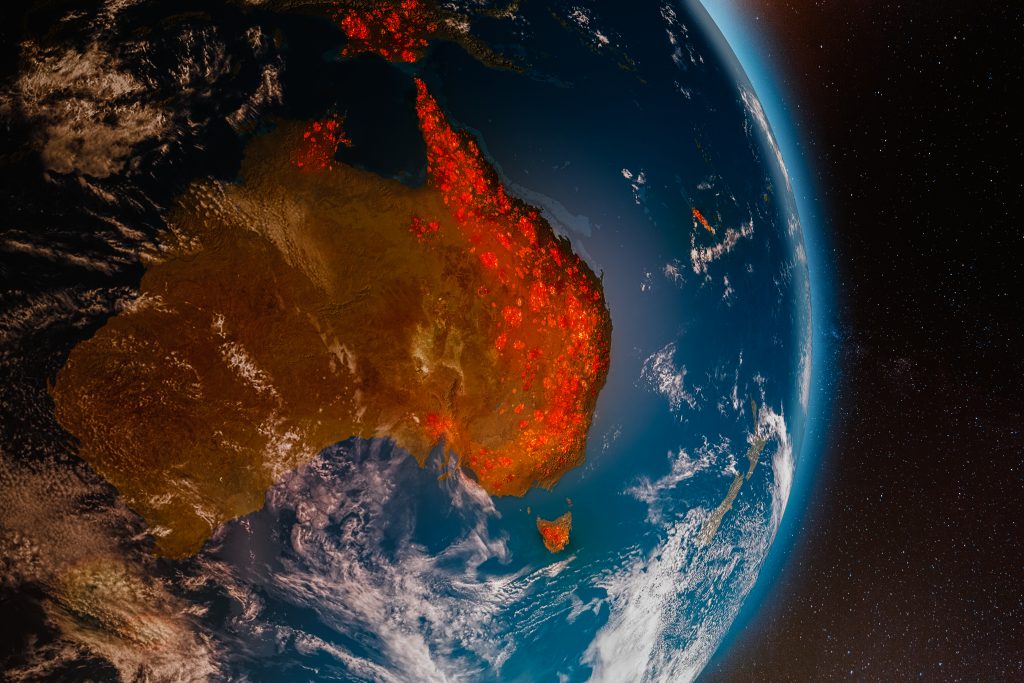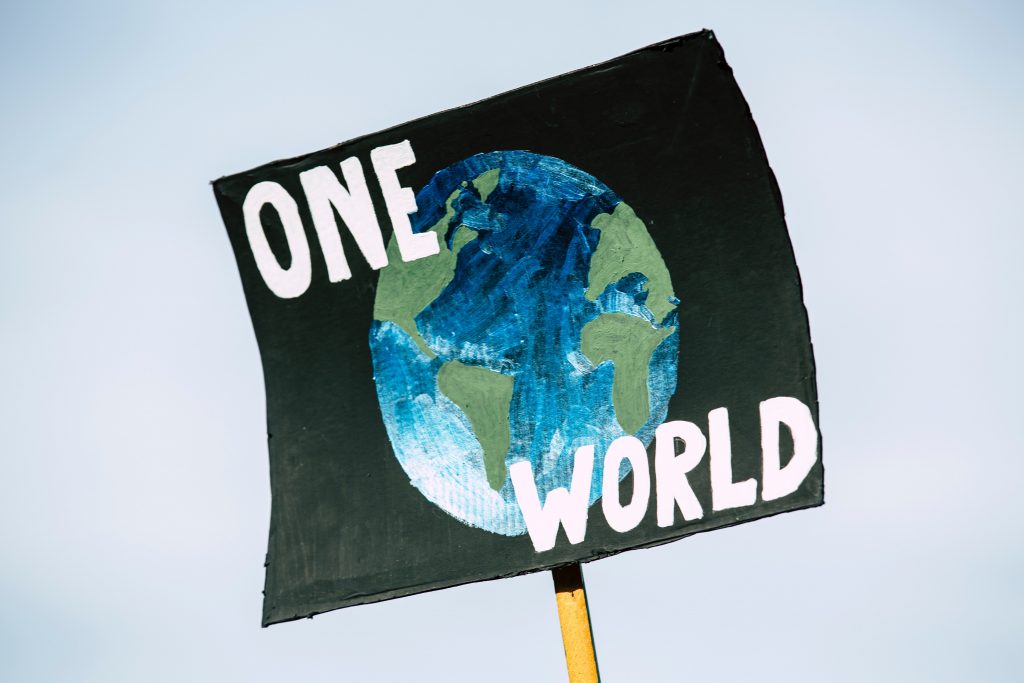Time to strengthen our environment laws
Nobel Laureate Professor Peter Doherty and former Australian of the Year Professor Fiona Stanley are among more than 180 health professionals and leading health groups who have signed an open letter, warning the federal government must strengthen Australia’s weak environment laws to protect health.
The letter warns that a failure to conserve our environment is dismantling our life support systems, exposing humanity to potentially even more deadly pandemics than COVID-19, as well as catastrophic climate change, which fuelled the horrific Black Summer bushfires.

The letter has been released ahead of the review of Australia’s Environmental Protection and Biodiversity Conservation Act 1999 (EPBC Act). The review panel’s draft report is expected to be released next month.
The EPBC Act was enacted 21 years ago but, according to the letter’s signatories, it has “failed to achieve its objectives of protecting Australia’s environment and promoting ecologically sustainable development and biodiversity conservation”.
“Human health and wellbeing are fundamentally dependent on the health of the natural world,” the letter states. “Healthy, biodiverse ecosystems provide us with clean air and water, food and fibre; regulate our climate, pests and diseases; and are the source of most medicines we rely on. They also provide places for recreation, psychological rejuvenation and spiritual connection. Connecting with nature leads to happier, healthier communities.”

The letter, organised by Doctors for the Environment Australia and the Climate and Health Alliance, says Australia needs new environment laws to repair past damage and respond to the scale of challenges that we are facing, including the fact that scarce water resources are in decline, threatening many rural and regional communities and food security.
“When we fail to address climate change, we risk extreme heat, bushfires, water shortages and food insecurity,” says Associate Professor Katherine Barraclough from Doctors for the Environment Australia. “The COVID-19 pandemic and the summer’s fires serve as a wake-up call. We must recognise the interconnections between humans, animals and natural places.
“We must protect our environment so it can protect us.”









